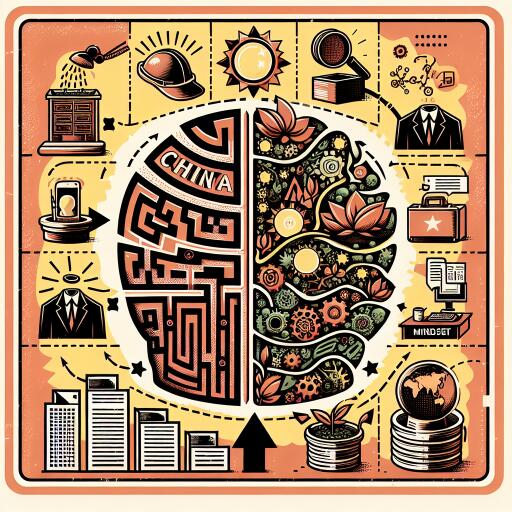In a move that stirred considerable debate, officials in China’s Hunan province have launched a campaign that appears to pivot further towards the ideologies of President Xi Jinping while distancing from the reformist policies of the late leader Deng Xiaoping. This campaign, which was announced just before the 27th anniversary of Deng’s death, aims to foster a large-scale discussion on the “emancipation of the spirit” across the province, a phrase that historically aligns with the country’s push towards economic reforms initiated after Mao Zedong’s era, with Deng at the helm.
The campaign underscores the consolidation and expansion of Xi Jinping’s Thought on Socialism with Chinese Characteristics for a New Era. It seeks to unify thought, will, and action by emphasizing the necessity of moving beyond the theoretical frameworks established by Deng and his successors. This initiative has sparked a conversation on the future direction of China’s political and economic landscape.
Critics, like Wang Juntao of the US-based Chinese Democratic Party National Committee, interpret this move as an attempt to detach from Deng Xiaoping’s influence, which is characterized by a period of substantial economic reform and opening up to global markets. Wang suggests that Xi’s motivations stem from a desire to revert to policies more aligned with Mao Zedong’s era, necessitating a departure from Deng’s legacy to achieve ideological control.
Deng’s era was marked by the advocacy for seeking truth from facts and liberating thoughts to support a more open and reformative approach towards China’s development. This nuanced balance between liberal economic policies and the rigid structures of the party is now under scrutiny as the Hunan campaign indicates a shift towards a model that prioritizes ideological cohesion over Deng’s pragmatism.
Observers note that Hunan province, with its history of ideological solidity, appears to be the testing ground for reinforcing Xi Jinping’s Thought. Shen Xiaoming, the Party Secretary of Hunan, signaled this ideological alignment by visiting Mao’s hometown to pay respects, underscoring a symbolic return to foundational Communist principles over Deng’s reformist agenda.
Critiques suggest that the campaign’s emphasis on emancipating the spirit under Xi’s guidance lacks a coherent framework comparable to Deng’s pragmatic approach which facilitated China’s economic boom. The campaign’s contradiction lies in its aim to foster innovation amongst officials while seemingly promoting a conservative return to past principles, which may inherently stifle the very innovation it seeks to encourage.
Furthermore, the initiative also addresses the bureaucratic inertia by identifying a need for dynamism amongst officials, urging them to abandon a ‘flat’ mentality that eschews overwork and risk-taking for a more proactive and responsible approach to governance. There is a call for ten transformative actions to rejuvenate the bureaucratic ethos, promoting a spirit of innovation and problem-solving.
In essence, this reflects the complex interplay between maintaining the party’s ideological purity and adapting to the pragmatic demands of governing a rapidly changing and modernizing China. The call for a mindset change, while gesturing towards a return to more stringent ideological controls, presents a paradox in the quest for economic vitality and governmental efficacy. This approach denotes Xi’s ambition to shape the future of Chinese governance, balancing the legacy of his predecessors with his vision for a new era of socialist thought and policy.
